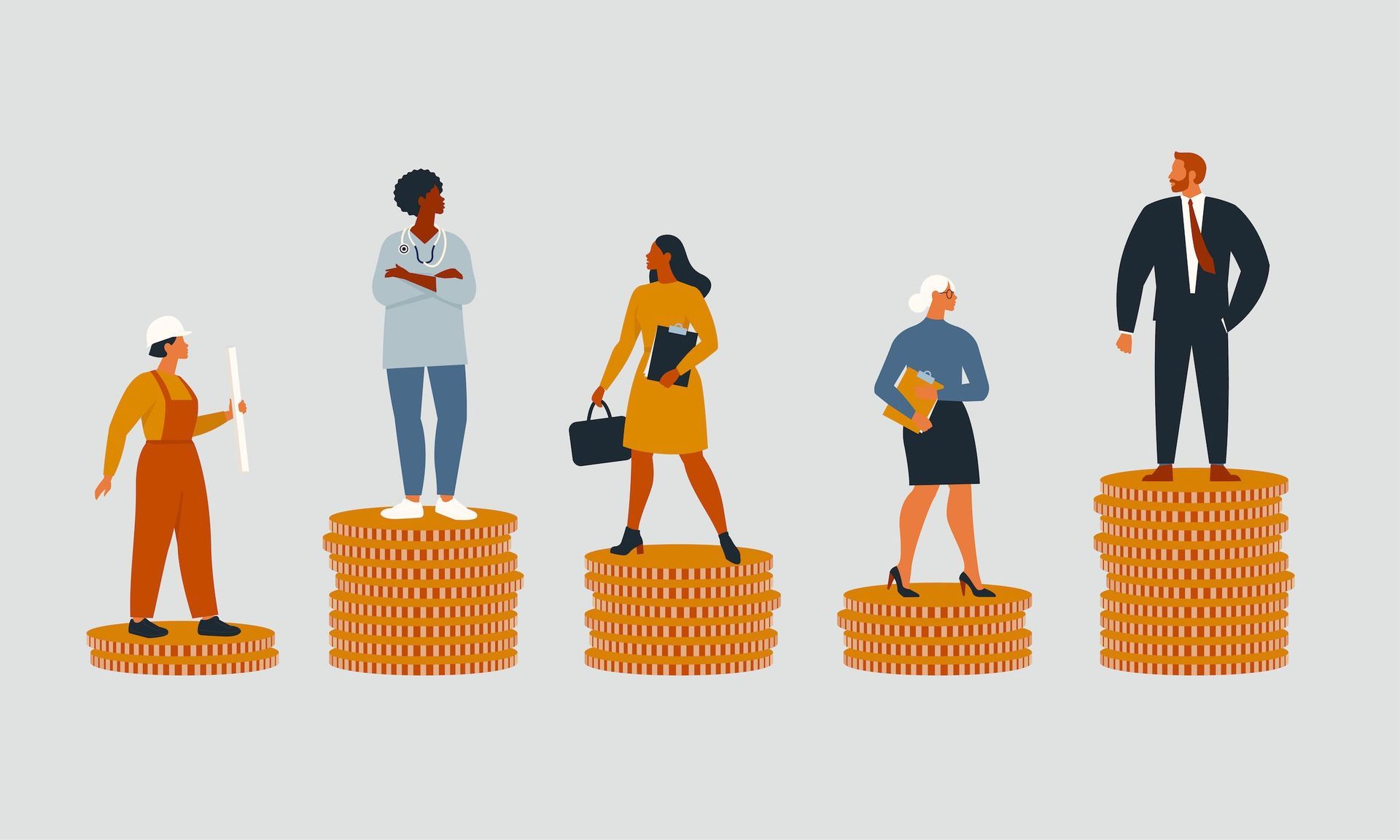By Kevin McGirr
•
December 23, 2023
Labor and Collective Efforts The overwhelming majority of the global population are in engaged in some form of labor. Labor is also defined as work, a job, a profession, or a career. These descriptors often stratify us along socio-economic lines. Serving a wide variety of functions, work provides meaning and purpose which can often indicates identity and status. Caregiving or parental work are also functions which usually entails uncompensated care and nurturance; a degree of intimacy not associated with most work. Work is social. If we spend a third of our lives on the job then we are engaging with co-workers often for more time than we spend with family and other intimates. Work is tedious, burdensome, repetitive, imprisoning, demanding, backbreaking, stressful, necessary, demeaning but also satisfying. But ultimately work is survival. Whatever the compensation, it pays at least some of the bills; a necessary vehicle to the acquisition of a wide array of consumer needs and goods. And for those higher up the socio-economic ladder it is a vehicle for more and better-quality goods. It is a means to an end. Many use their job as a stepping-stone to for other opportunities. A professional career pathway and trajectory is preserved for a minority of the population. And for some individuals, work is often power. Certain jobs and its compensation can buy influence which may be used to effect dynamics in the social, economic, and political spheres.










